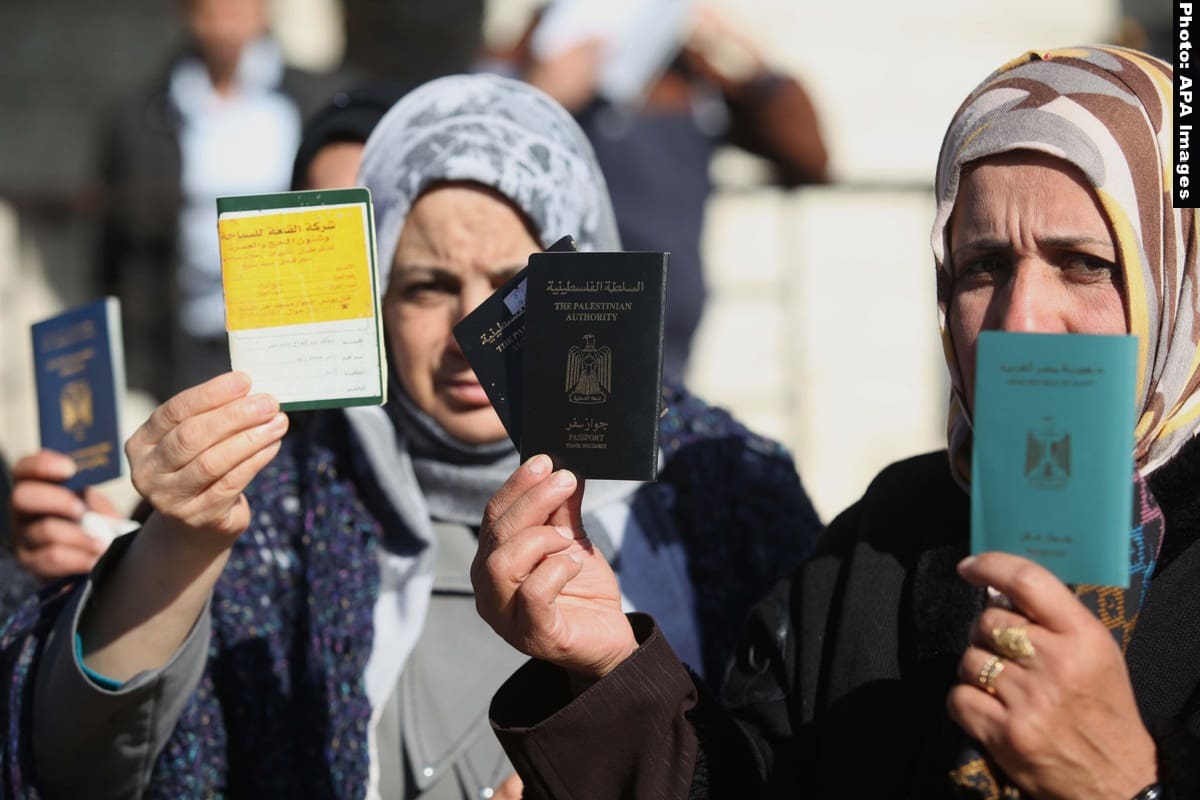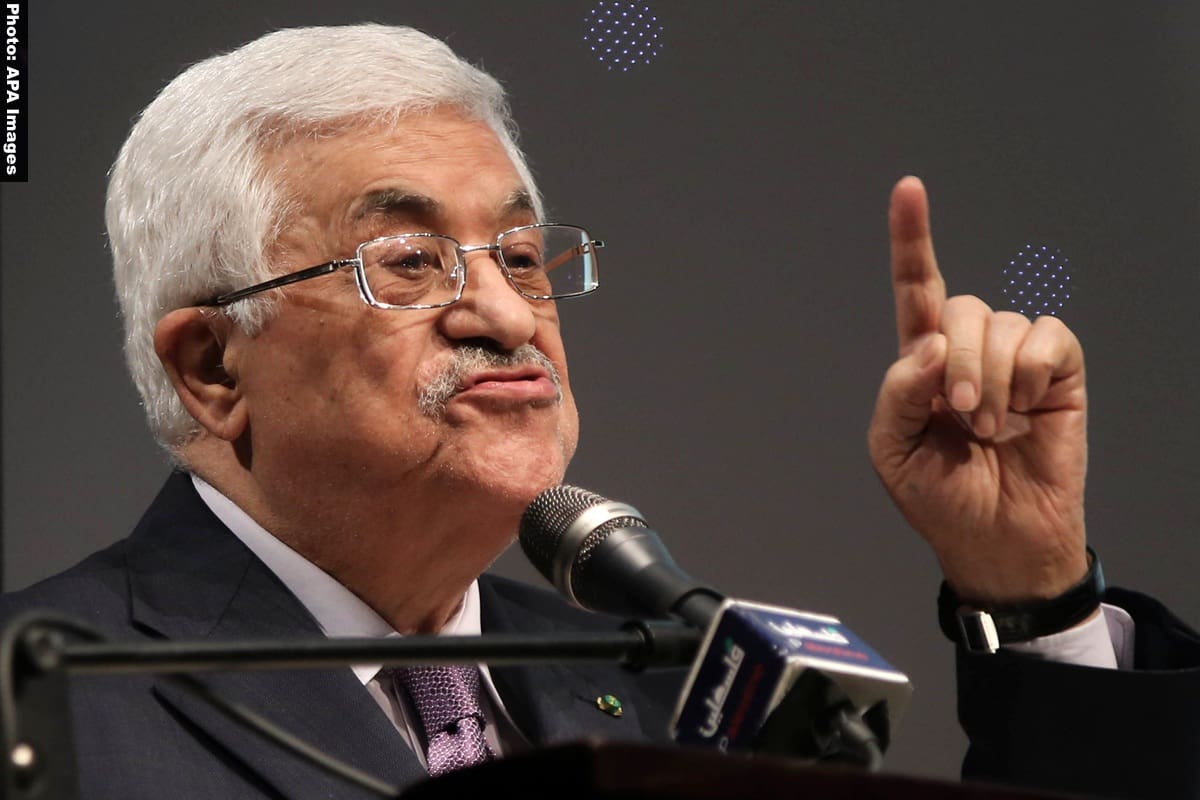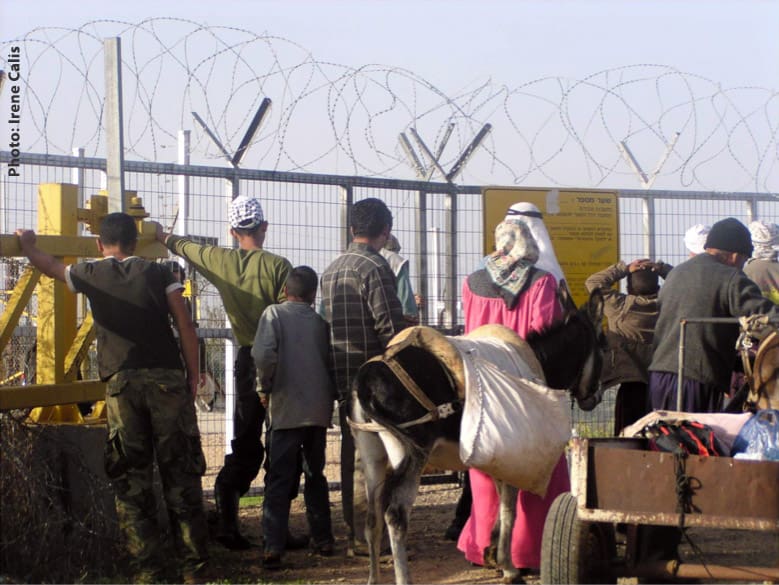The Arguments Against Palestine Giving Its Refugees Citizenship

Overview The rights of Palestinian refugees have been long neglected and their suffering has been carried from generation to generation for 67 years. In his recent piece A Bold Proposal: Palestine Should Give Its Refugees Citizenship, Al-Shabaka Policy Advisor Fateh Azzam argued that the State of Palestine should confer citizenship on its stateless refugees and […]
A Bold Proposal: Palestine Should Give Its Refugees Citizenship

Palestine should confer citizenship on its stateless refugees and enter into bilateral agreements with other states to improve their situation – as citizens – wherever they reside. Al-Shabaka Policy Advisor Fateh Azzam knows this proposal has pitfalls but argues it is a powerful way to create facts on the road to freedom and rights. Read the policy brief or the executive summary.
Building a Failed State: Palestine’s Governance and Economy Delinked

Technical solutions shorn of political context have contributed to a failed state in Palestine and harmed the collective Palestinian struggle for freedom, transforming the Palestinian Authority into an NGO-like body. Al-Shabaka Policy Member Ibrahim Shikaki and Guest Author 24445 analyze the situation and suggest alternative approaches for the PA and the donor community. Read the policy brief or the executive summary.
Palestine’s Day in Court? The Unexpected Effects of ICC Action

Palestine’s membership of the International Criminal Court takes effect on April 1, 2015. What cases might the Court choose? Will Israel’s legal offensive succeed? Will the UN Security Council suspend the investigation? Al-Shabaka analyst Valentina Azarova addresses many of the misconceptions about what the ICC can and cannot do, and Palestinians should do. Read the policy brief or the executive summary.
The Joint List in Israel’s Elections: Palestinians in from the Cold?

The Joint List largely represents the Palestinian citizens of Israel. Yet will it really challenge their second-class status and prevent the erosion of the rights they still have? Al-Shabaka analysts Diana Buttu, As’ad Ghanem, and Nijmeh Ali differ as they address the problems and potential of the Joint List.
Hamas: Three Tough Hurdles in 2015

Hamas’s putative rapprochement with Iran scratches the surface of the problems facing the Islamic movement. Al-Shabaka Policy Member Bilal Shobaki zeroes in on three of Hamas’ major challenges: definitively dealing with a Charter from which it has distanced itself; reviving its base in the West Bank; and restoring it regional alliances.
Beyond the Apartheid Analogy: Time to Reframe Our Palestinian Struggle

The frequent comparisons of Israel with Apartheid South Africa may obscure more fundamental questions Palestinians should be asking. From her present base in today’s South Africa, where “whiteness” still lives on the back of “blackness”, Al-Shabaka Policy Member Irene Calis argues that the post-Apartheid moment should alert Palestinians to take stock and reframe both the form of their campaigns as well as the terms of any proposed resolution.
Under Siege: Remembering Leningrad, Surviving Gaza

Jews and others under Leningrad’s 2.5-year siege ate wallpaper for its potato starch glue. In Gaza’s siege with no end, Palestinians die quickly under Israel’s bombs or slowly under its tight controls on food, services and even books. Al-Shabaka Policy Member Ayah Bashir and Guest Author Esther Rappaport communicate the impact of the siege of Gaza in a unique format, a must-read for both policy-maker and concerned public.
The Customs Union & Israel’s No-State Solution

Since it occupied the Palestinian territory in 1967, Israel has had a consistent strategy: To contain Palestinians by rejecting final status arrangements, whether Palestinian sovereignty in two states or equal rights in a single bi-national state. Al-Shabaka Policy Member Amal Ahmad demonstrates the ways in which the Israeli-Palestinian customs union illustrates this often ignored reality.









